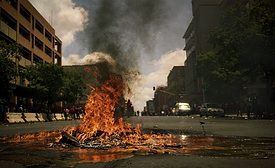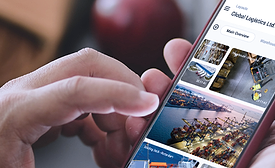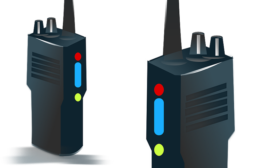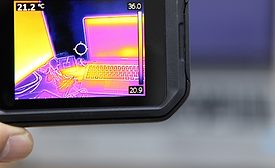Physical
Product spotlight on sports, stadiums and venue security
As COVID-19 remains a threat, security leaders at sporting events and entertainment venues need to pivot and change course as needed — relying on security technology, procedures and policies to support the health and safety of players, fans, visitors and staff. Here is a sampling of security technologies offered.
May 17, 2021
Sign-up to receive top management & result-driven techniques in the industry.
Join over 20,000+ industry leaders who receive our premium content.
SIGN UP TODAY!Copyright ©2025. All Rights Reserved BNP Media.
Design, CMS, Hosting & Web Development :: ePublishing











